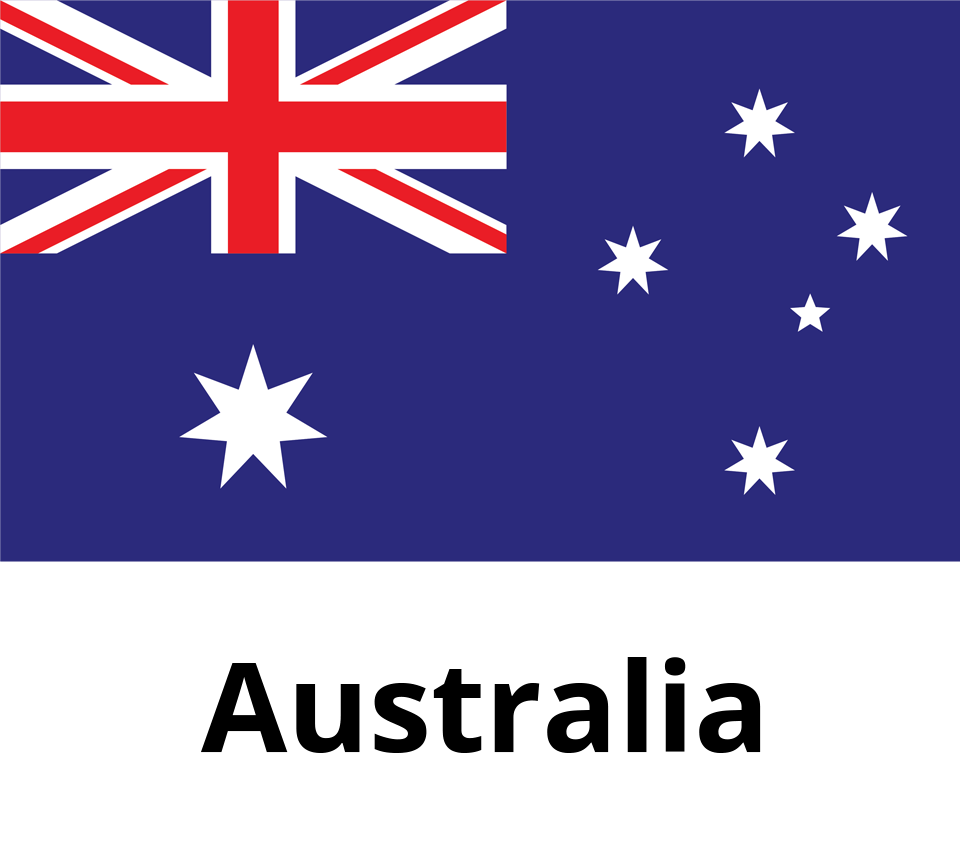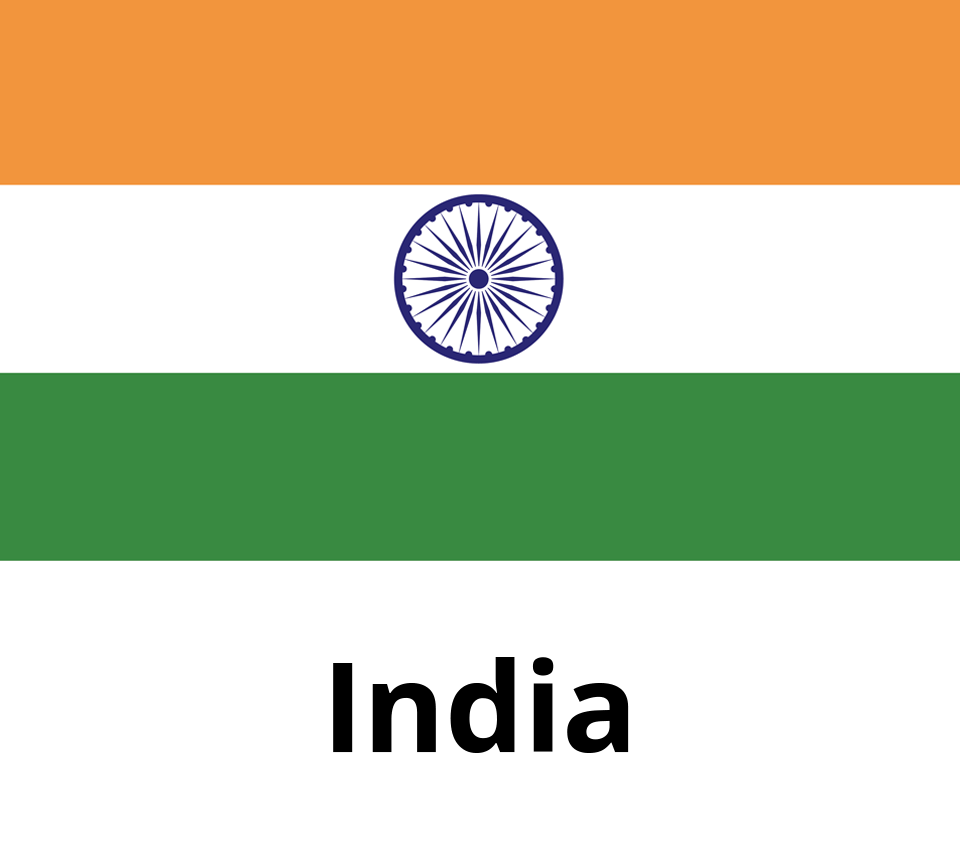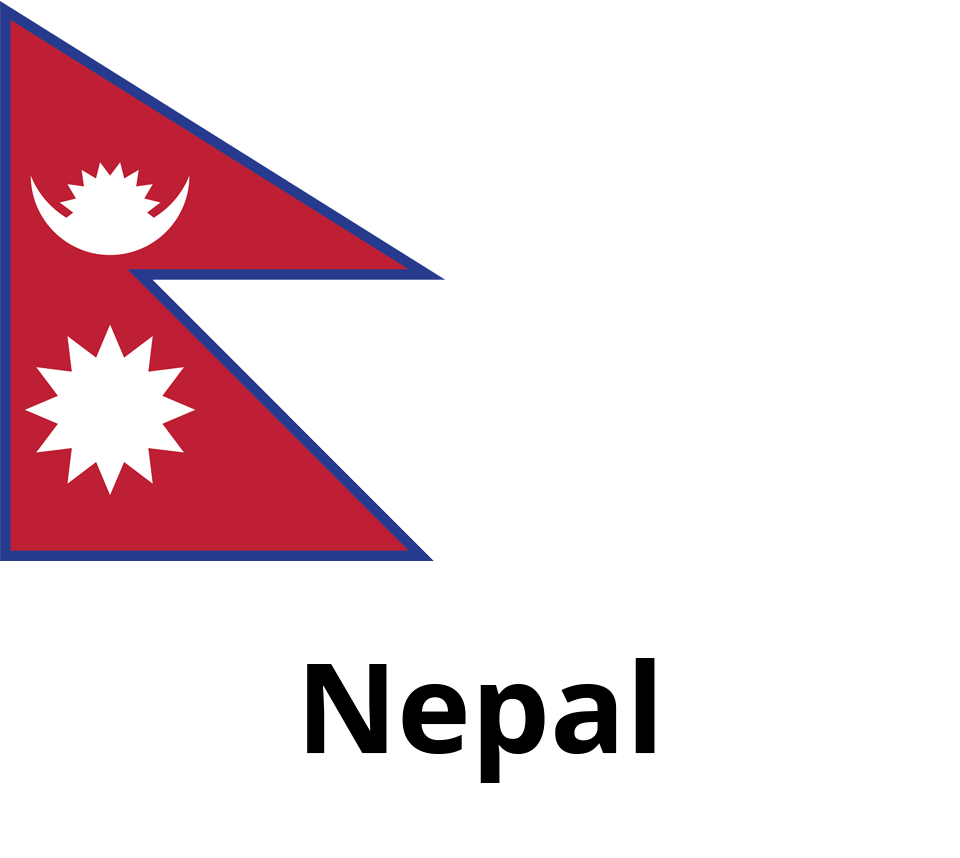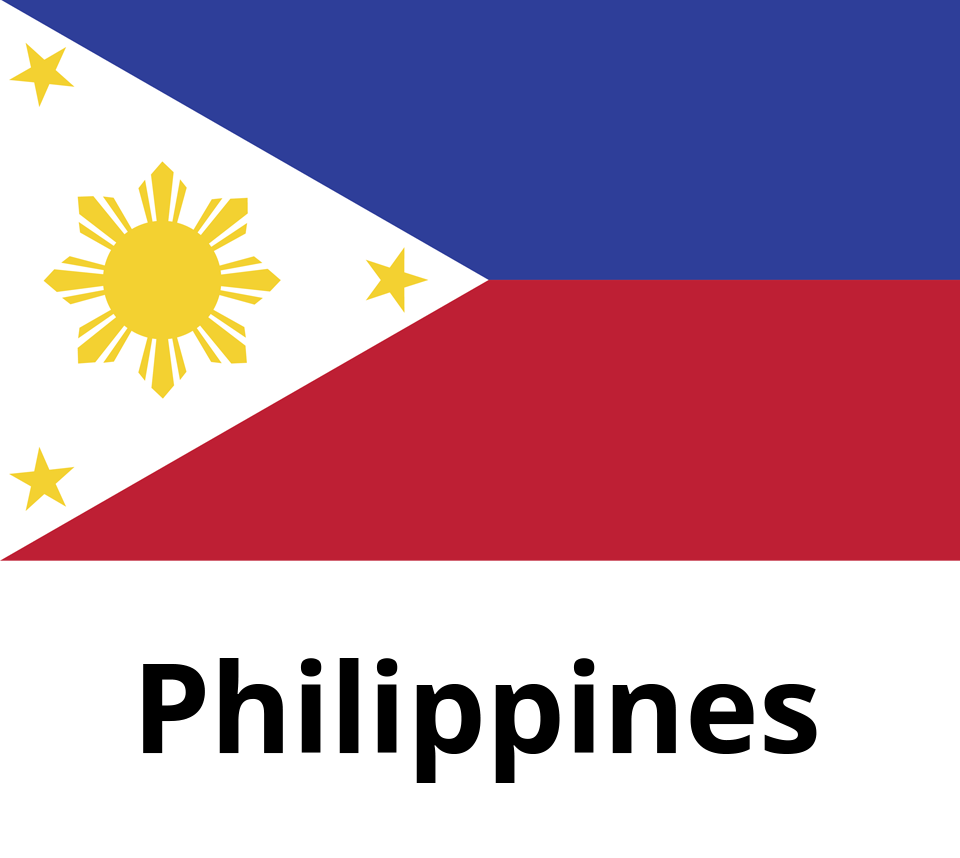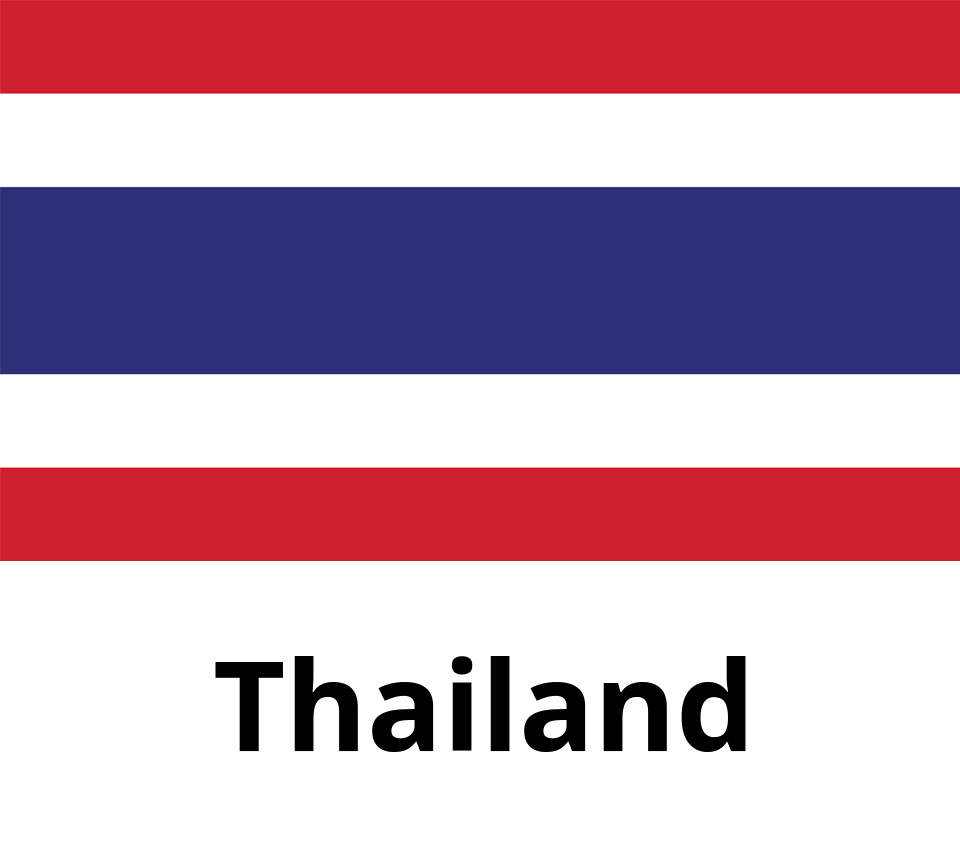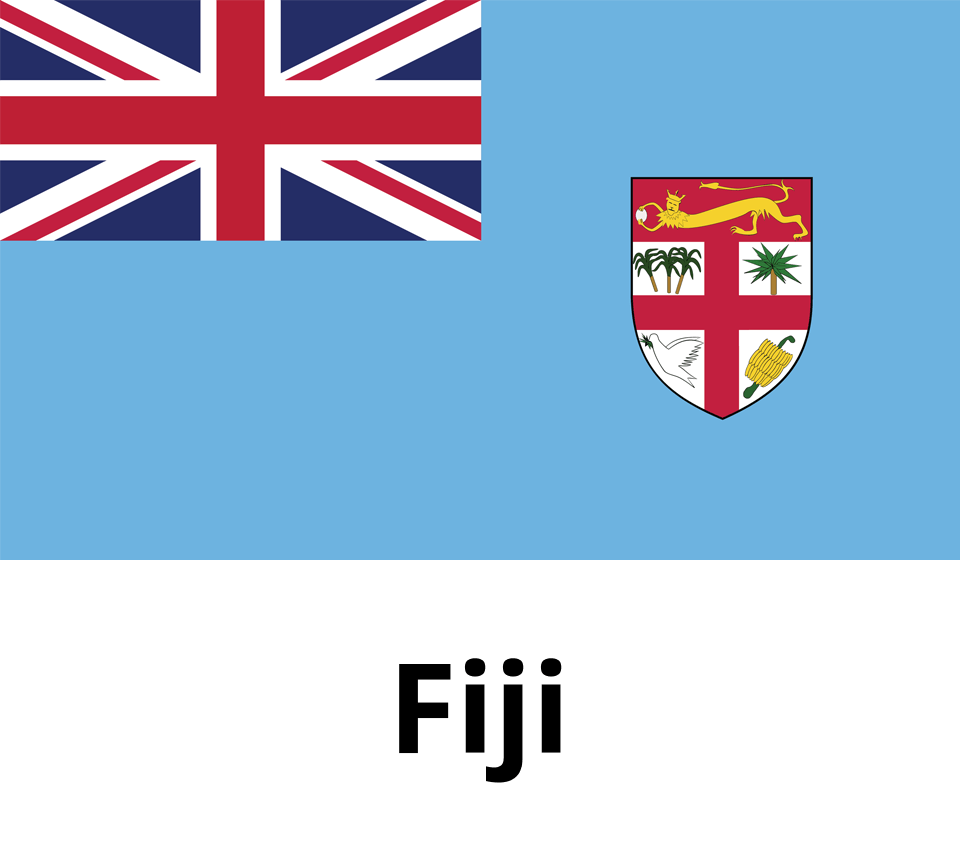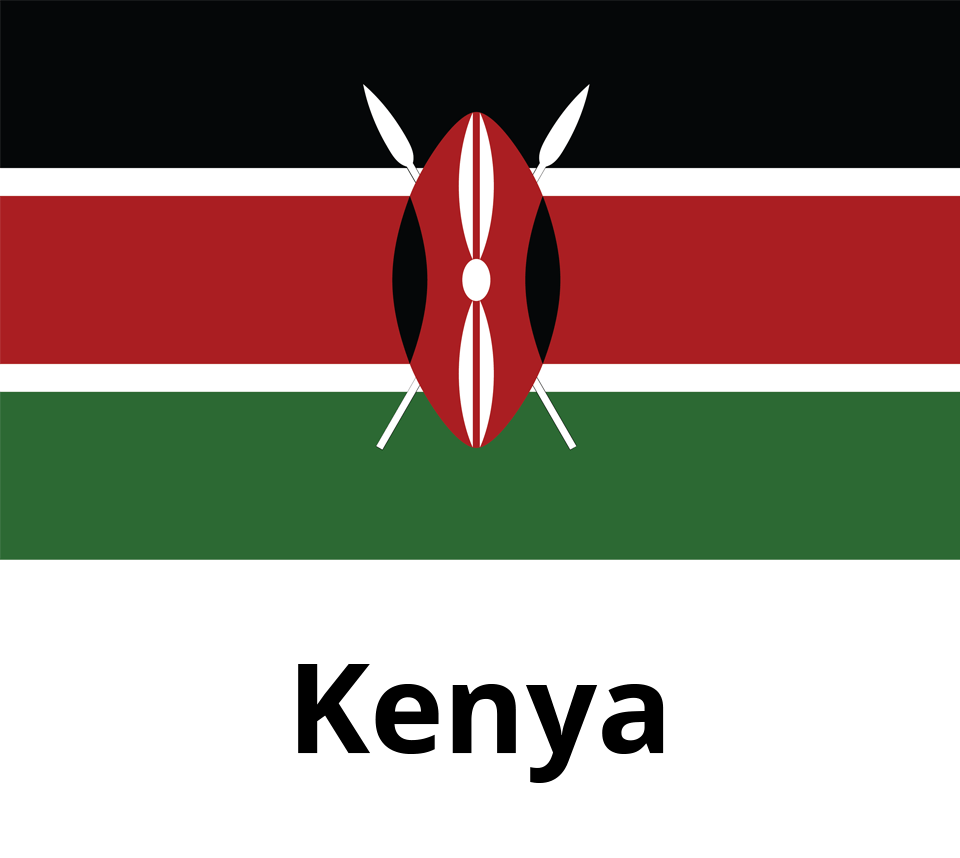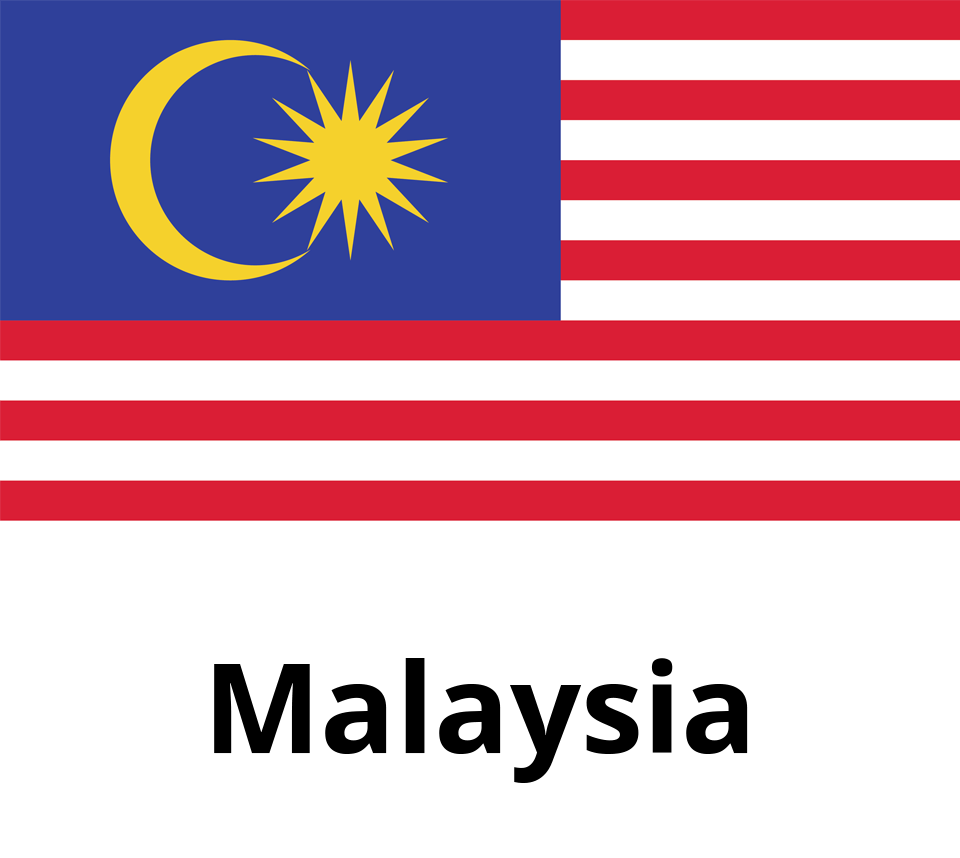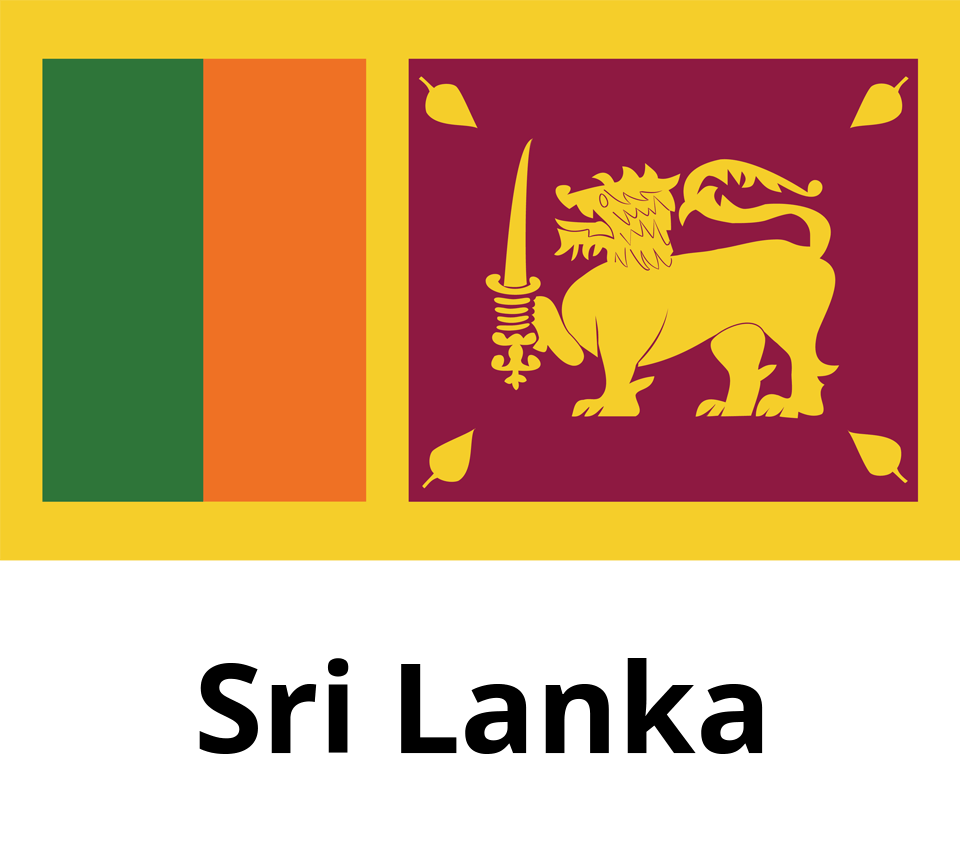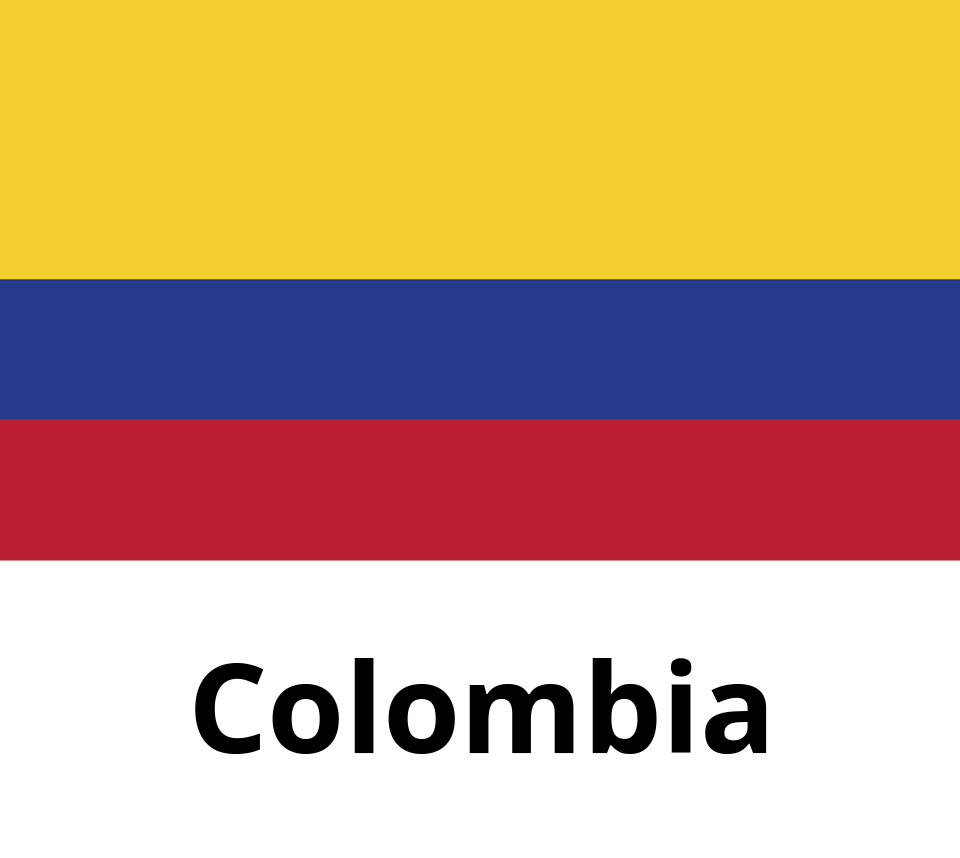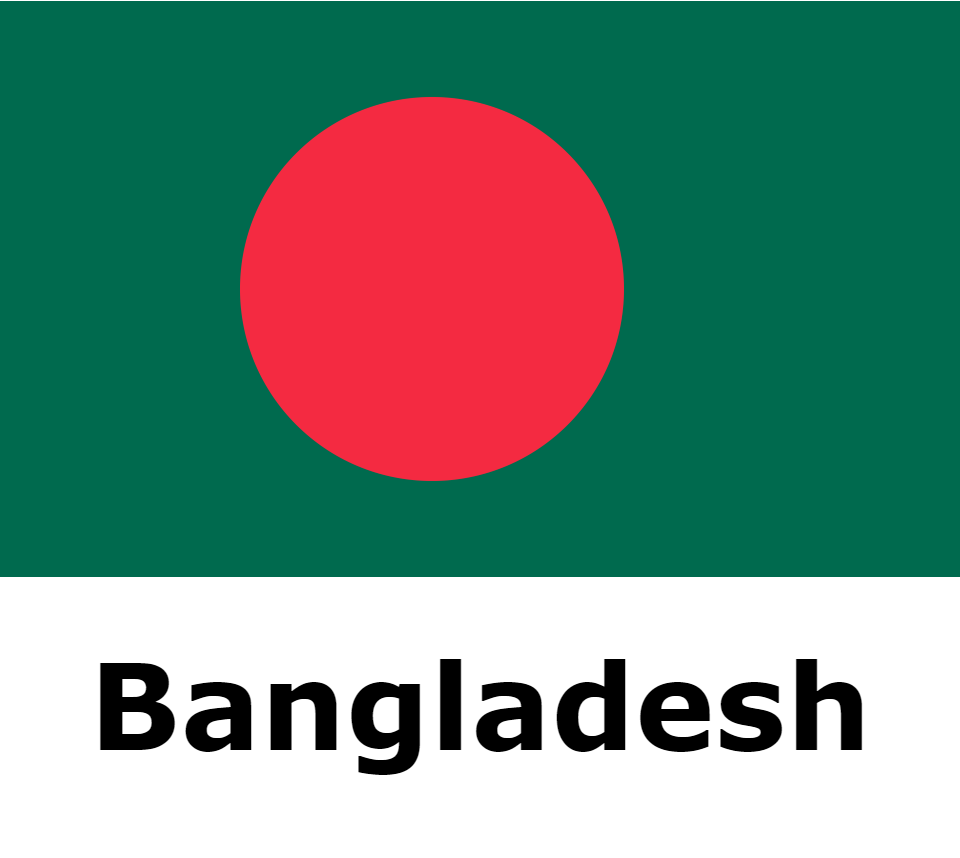Frequently Asked Questions
Overseas Student Health Cover (OSHC)
Your OSHC provider pays for the following services but please remember it is important that you should contact your provider prior to any major treatments, especially staying in the hospital.
Doctors: 100% of the Medicare Benefits Schedule fee (MBS Fee) for General Practitioners’ standard consultations (doctors may charge above the MBS Fee) and 85% of the MBS Fee for other out-of-hospital services.
Hospitals: Including accommodation, operating theatre, day services, and emergency and accident services, outpatient medical and post-operative services.
Prescription Medicines: You pay a set amount towards the cost (PBS amount) and your provider pays the rest, up to a maximum of $50 per item to a maximum of $300 for a single membership ($600 family). As an overseas student, you may face significant out-of-pocket costs if you need treatment with “high cost” pharmaceuticals, particularly oncology (cancer) treatment.
Pathology and X-rays: 85% of the MBS Fee for out-of-hospital services or 100% of the MBS Fee for in-hospital services.
Emergency ambulance transport: Your provider covers 100% of the cost of emergency transportation in an ambulance.
Prosthetic devices: Your provider covers the full cost of any No Gap prostheses and the minimum benefit for Gap permitted prostheses. Surgically implanted prostheses could include, for example, stents for coronary arteries, artificial hips/knees or titanium plates/screws for reconstructions & bone breaks.
Important: Waiting periods apply for pre-existing conditions. That is an ailment, illness, or condition that either you or one of your dependants have, the signs or symptoms of which, in the opinion of a Medical Practitioner appointed by your provider, existed at any time in the 6-month period before you or your dependant arrived in Australia. For pre-existing medical conditions and pregnancy-related services including childbirth, there is a waiting period of 12 months. That means you won’t be covered for these conditions until the waiting period is over. For a pre-existing condition of a psychiatric nature, there is a waiting period of 2 months.
We process your commission on a monthly basis. Please contact your Account Manager for more information.
The Australian Government requires students to continuous OSHC for the entire length of stay in Australia. Students can purchase OSHC for the proposed length of their Student Visa.
Start Date
OSHC policy start date should match your arrival date in Australia to ensure that they are covered for the entire length of your stay.
End Date
OSHC policy end date should match a student’s departure date from Australia to ensure that you are covered for the entire length of your stay.
| Length of course | Length of stay |
| 10 months or longer, finishing at the end of the Australian academic year (November to December) | Department of Home Affairs will usually grant a visa stay period to 15 March of the following year |
| 10 months or longer, finishing from January until October | Department of Home Affairs will usually grant a visa stay period of 2 months longer than the course |
| Less than 10 months | Department of Home Affairs will usually grant a visa stay period 1 month longer than the course |
The maximum length of stay for a Student visa will generally not exceed 5 years. To learn how to calculate students’ cover start and end date visit the Department of Home Affairs.
The Australian Government requires that students have continuous OSHC for the entire length of their stay in Australia. When a student purchases OSHC, they will need to pay your policy premium upfront to cover the length of the student visa.
Singles – covering only the overseas student who is the primary Student Visa holder*
Dual family – covering the overseas student, and either:
· One adult spouse or de facto partner
· One or more children under the age of 18 years old
Multi-family – covering the overseas student and more than one dependant, which can include:
· Only one adult spouse or de facto partner
· One or more dependent children
*Important note: if a student holds a secondary student visa, you must be insured under the same policy as the primary student visa holder. You are only eligible to hold a single OSHC policy if you are the primary visa holder.
As international students are required to maintain adequate health insurance for the entire duration of their stay in Australia unless an exception applies. Overseas students who don’t maintain adequate health insurance are at risk of having their visas cancelled.
In Australia, Overseas Student Health Cover (OSHC) is a mandatory requirement for student visa holders unless an exception applies. Students must have OSHC for the entire time they are studying in Australia. OSHC helps students easily access medical services while they are in Australia – so they can focus on studies and enjoy their time in Australia.
Overseas Visitor Health Cover (OVHC)
For relevant visa types subject to visa condition 8501, the Australian Government requires that you and your dependants have adequate health insurance for the entire length of you and your dependants stay in Australia.
Your cover starts on the later of the start date shown on your Certificate of Insurance, the date your eligible visa is granted, or the date of your arrival in Australia.
Your cover ceases on the date of your departure from Australia, the date you cease to hold an eligible visa, the date we or you cancel your policy or the end date shown on your Certificate of Insurance, whichever occurs first.
Overseas visitors may want to consider OVHC to help pay for medical treatment in Australia as it can be expensive and you may not be eligible condition for Medicare (the public health insurance system for Australian residents). OVHC is a requirement if your visa is subject to visa condition 8501. Only Allianz Care Australia and BUPA OVHC policies meet the requirements of adequate health insurance (visa condition 8501).
When you are away from home, it is important to know medical treatment is available and affordable if something was to happen to you.
AISA works with insurance providers to sell OVHC for a range of eligible visas. From visiting visas to working visas including 485, 485, 417, 600, 601 and 651. Please find below list of Visa’s we can assist your clients for the Health Insurance. If your visa subclass is not listed below, then we do not provide for Overseas Visitor Health Cover for that visa.
Working Visa’s
• 188 Business Innovation & Investment (Provisional)
• 400 Temporary Work (Short Stay Activity)
• 401 Temporary Work (Long Stay Activity)
• 402 Training and Research
• 403 Temporary Work (International Relations)
• 407 Training
• 408 Temporary Activity
• 416 Seasonal Worker Program
• 457 Skilled Temporary Work
• 461 New Zealand Citizen Family Relationship Visa
• 476 Skilled Recognised Graduate
• 482 Temporary Skill Shortage (TSS)
• 485 Temporary Graduate
• 489 Skilled Regional (Provisional)
• 491 Skilled Work Regional (Provisional)
• 494 Skilled Employer Sponsored Regional (Provisional)
Working holiday visas allow holders to work while on holiday in Australia. The aim of these visas is to exchange cultural values, knowledge and skills, while visa holders experience what Australia has to offer. Working holiday makers can work full time in Australia, but for a maximum set period with each employer.
• 417 Working Holiday
• 462 Work and Holiday
Visitor visas
Visitor visas are granted to people who visit Australia on holiday, visiting friends and family, social or recreational reasons, or other short-term non-work visits. There are various types of visas available for visiting Australia which reflect the length of stay, nationality, current location and the purpose of the visit. Visitor visa holders have limited work rights in Australia. Holders can attend business meetings and undergo short training courses, but cannot work for an Australian employer.
• 300 Prospective Marriage Visa
• 580 Guardian Visa
• 590 Student Guardian Visa
• 600 Visitor
• 601 Electronic Travel Authority
• 651 eVisitor
• 870 Sponsored Parent (Temporary) Visa
Bridging visas
Bridging visas are temporary visas that are granted while a substantive visa application is being processed. Depending on the bridging visa, you may or may not return to Australia if you leave the country whilst you are waiting for your substantive visa to be approved. Bridging visas vary in terms of work rights – some are granted with full work rights, whereas others require evidence of financial hardship for grant of work rights.
• 010 Bridging Visa A (BVA)
• 020 Bridging Visa B (BVB)
• 030 Bridging Visa C (BVC)
Unless you are an Australian or New Zealand citizen, an Australian permanent resident, or a citizen of a country that has a Reciprocal Health Agreement with Australia, you will not be eligible for Medicare – the public health insurance system. Without access to Medicare, paying for medical treatment can be prohibitively expensive.
If your visa is subject to condition 8501, you’re required to maintain adequate health insurance for yourself and any family. This means that maintaining adequate health insurance is a mandatory requirement while the visa holder is in Australia.
There might be times when you are sick or injured and need assistance. Your OVHC covers you for medical costs that would normally be covered by the Australian Medicare system if you were an Australian resident.
Whether you’re coming to Australia for a holiday, visiting family or friends, or visiting for work, we provide OVHC that meets visa condition 8501 which applies to the 482 Temporary Skill Shortage and 485 Temporary Graduate visas as well as others.

